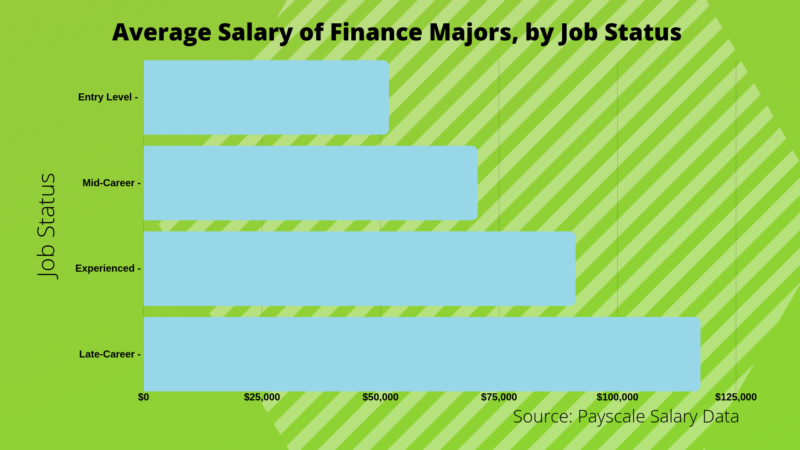Financial liberalisationthe elimination of capital controls and the likehas made all of this much easier. So has the internet, which enables cash to be moved all over the world rapidly, cheaply and anonymously. For more on these questionable overseas centers, please see the full post at http://www. economist.com/node/8695139. The role of global banks, financial investment banks, and securities firms has developed in the past couple of years. Let's take an appearance at the main function of each of these organizations and https://www.canceltimeshares.com/blog/how-do-i-cancel-a-timeshare/ how it has actually altered, as numerous have actually merged to become international financial powerhouses. Typically, worldwide banks extended their domestic role to the worldwide arena by servicing the requirements of multinational corporations (MNC).
For instance, a business purchasing items from another country might require short-term funding of the purchase; electronic funds transfers (likewise called wires); and forex transactions. International banks provide all these services and more. In broad strokes, there are different types of banks, and they might be divided into numerous groups on the basis of their activities. Retail banks deal straight with consumers and usually focus on mass-market items such as examining and savings accounts, home loans and other loans, and charge card. By contrast, personal banks generally provide wealth-management services to families and people of high net worth. Service banks offer services to organizations and other companies that are medium sized, whereas the customers of business banks are typically major organization entities.
Financial investment banks likewise focused primarily on the production and sale of securities (e. What does finance a car mean. g., debt and equity) to help business, governments, and big institutions accomplish their financing goals. Retail, private, organization, business, and financial investment banks have generally been different entities. All can run on the international level. In a lot of cases, these different organizations have recently merged, or were acquired by another institution, to produce worldwide financial powerhouses that now have all types of banks under one giant, international corporate umbrella. Nevertheless the merger of all of these types of banking firms has developed worldwide financial challenges. In the United States, for example, these 2 typesretail and financial investment bankswere disallowed from being under the same business umbrella by the Glass-Steagall ActEnacted in 1932 throughout the Great Anxiety, the Glass-Steagall Act, formally called the Banking Reform Act of 1933, created the Federal Deposit Insurance Coverage Corporations (FDIC) and carried out bank reforms, beginning in 1932 and continuing through 1933.

Enacted in 1932 throughout the Great Depression, the Glass-Steagall Act, officially called the Banking Reform Act of 1933, developed julie wesley the Federal Deposit Insurance Corporations (FDIC) and carried out bank reforms, beginning in 1932 and continuing through 1933. These reforms are credited with offering stability and minimized threat in the banking industry for years. To name a few things, it restricted bank-holding business from owning other monetary companies. This served to make sure that financial investment banks and banks would stay separateuntil 1999, when Glass-Steagall was rescinded. Some analysts have criticized the repeal of Glass-Steagall as one cause of the 20078 financial crisis. Due to the fact that of the size, scope, and reach of United States financial firms, this historic recommendation point is necessary in comprehending the effect of US companies on international organizations.
International businesses were likewise part of this pattern, as they sought the biggest and strongest financial players in numerous markets to service their international financial needs. If a business has operations in twenty nations, it prefers 2 or three large, worldwide banking relationships for a more economical and lower-risk approach. For example, one big bank can provide services more cheaply and much better handle the business's currency direct exposure throughout multiple markets. One big monetary business can use more advanced risk-management alternatives and items. The difficulty has ended up being that in some cases, the party on the opposite side of the transaction from the international firm has actually turned out to be the worldwide monetary powerhouse itself, developing a dispute of interest that many feel would not exist if Glass-Steagall had not been rescinded.
On the other hand, international services have benefited from the expanded services and capabilities of the worldwide financial powerhouses. For instance, US-based Citigroup is the world's largest financial services network, with 16,000 offices in 160 nations and jurisdictions, holding 200 million client accounts. It's a financial powerhouse with operations in retail, private, service, and investment banking, along with property management. Citibank's global reach make it an excellent banking partner for large international firms that desire to have the ability to manage the financial requirements of their workers and the company's operations around the world. In reality this strength is a core part of its marketing message to global business and is even posted on its site (http://www.

The Best Guide To How Do You Finance A Car
htm): "Citi puts the world's largest financial network to work for you and your company." Contracting Out Day Trading to China American and Canadian trading firms are working with Chinese employees to "day trade" from China during the hours the American stock market is open. In essence, day trading or speculative trading happens when a trader buys and offers stock rapidly throughout the day in the hopes of making fast earnings. The New York Times reported that as numerous as 10,000 Chinese, generally boys, are busy working the night shift in Chinese cities from 9:30 p. m. to 4 a. m., which are the hours that the New York Stock Exchange is open in New york city.
Initially, American and Canadian companies are looking to gain access to wealthy Chinese customers who are technically not permitted to utilize Chinese currency to purchase and offer shares on a foreign stock exchange. Nevertheless, there are no constraints for trading stocks in accounts owned by a foreign entity, which in this case normally comes from the trading firms. The trend in campaign finance law over time has been toward which the following?. Chinese traders likewise make money less than their American and Canadian counterparts. There are ethical issues over this plan because it isn't clear whether using traders in China breaches American and Canadian securities laws. In a New York Times post prices quote Thomas J.
regulators. Are these Chinese traders basically acting as brokers? If they are, they would require to be registered in the U.S." While the regulative concerns might not be clear, the trading companies are doing well and growing: "lots of Chinese day traders see this as an opportunity to rapidly gain brand-new riches." Some American and Canadian trading companies see the opportunity to get "revenue from trading operations in China through a combination of inexpensive overhead, refunds and other monetary rewards from the major stock market, and suppressed need for broader financial investment options amongst China's elite." Capital markets offer an effective system for individuals, business, and federal governments with more funds than they require to move those funds to individuals, companies, or governments who have a shortage of funds.